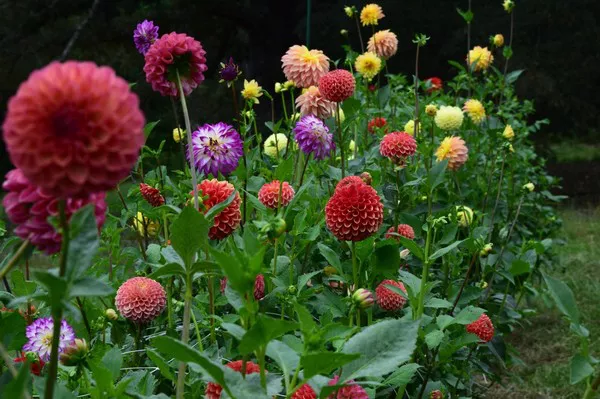Hornets, known for their tenacity, often establish colonies with a yearly life cycle, finding ideal locations for nest construction in overgrown bushes and secluded corners near homes. To prevent their return, vigilant property monitoring and the use of eco-friendly eradication methods are crucial.
For those seeking to eliminate a hornets’ nest without resorting to harmful chemicals, several environmentally-conscious approaches are available to reclaim outdoor living spaces safely. These green methods include crafting DIY traps using household items and deploying natural repellents like peppermint oil, proven to deter hornets without harming the environment. These responsible choices prioritize both human and ecological well-being.
When using these eco-conscious methods to manage hornets, persistence and vigilance are essential, along with proper safety precautions to avoid stings.
To effectively address the hornet issue, you have options. You can purchase a hornet or wasp trap from a hardware store, typically equipped with a container and an attractant like sugary water to lure hornets in. Once inside, the trap’s design makes it difficult for them to escape, leading to their demise. Alternatively, creating a homemade trap is straightforward and equally effective, providing a cost-saving solution. Utilize a 2-liter plastic soda bottle, cut it in half, and combine sugar, vinegar, and soap in the bottom section. Invert the top portion to create a funnel shape, placing it into the lower section. Position this DIY hornet trap in areas where hornets are observed, and you’ll notice a decline in their numbers over time.
For preventive measures, consider harnessing the power of botanical oils, particularly peppermint, as hornets strongly dislike its aroma. Prepare your hornet-repellent spray by mixing water, a few drops of peppermint oil, and dish soap in a glass spray bottle (preferred to prevent essential oil breakdown). Shake the mixture well, label the bottle for easy identification, and your peppermint spray is ready for use. Apply this natural deterrent around areas where hornets congregate or build nests to effectively deter them.
Prevention is key to hornet management, starting with good sanitation practices. A garden teeming with aphids and tiny flies provides a feast for hornets. Regularly mowing your lawn and maintaining shrubs and landscaping creates an environment less inviting to hornets by eliminating potential nesting sites. Keeping garbage cans tightly sealed is crucial, as hornets are drawn to food waste, particularly during the summer and fall when fruit trees are abundant. If your yard features fruit trees, promptly remove fallen fruit to reduce hornet attraction.
Finally, pay close attention to floral scents in your garden, especially in outdoor leisure areas. Highly scented flowers can attract hornets and other pests, so consider placing them away from dining areas or frequently used walkways. By making mindful landscaping choices and implementing these practical, preventive measures, you can take control of your hornet situation without resorting to harsh chemical treatments.


